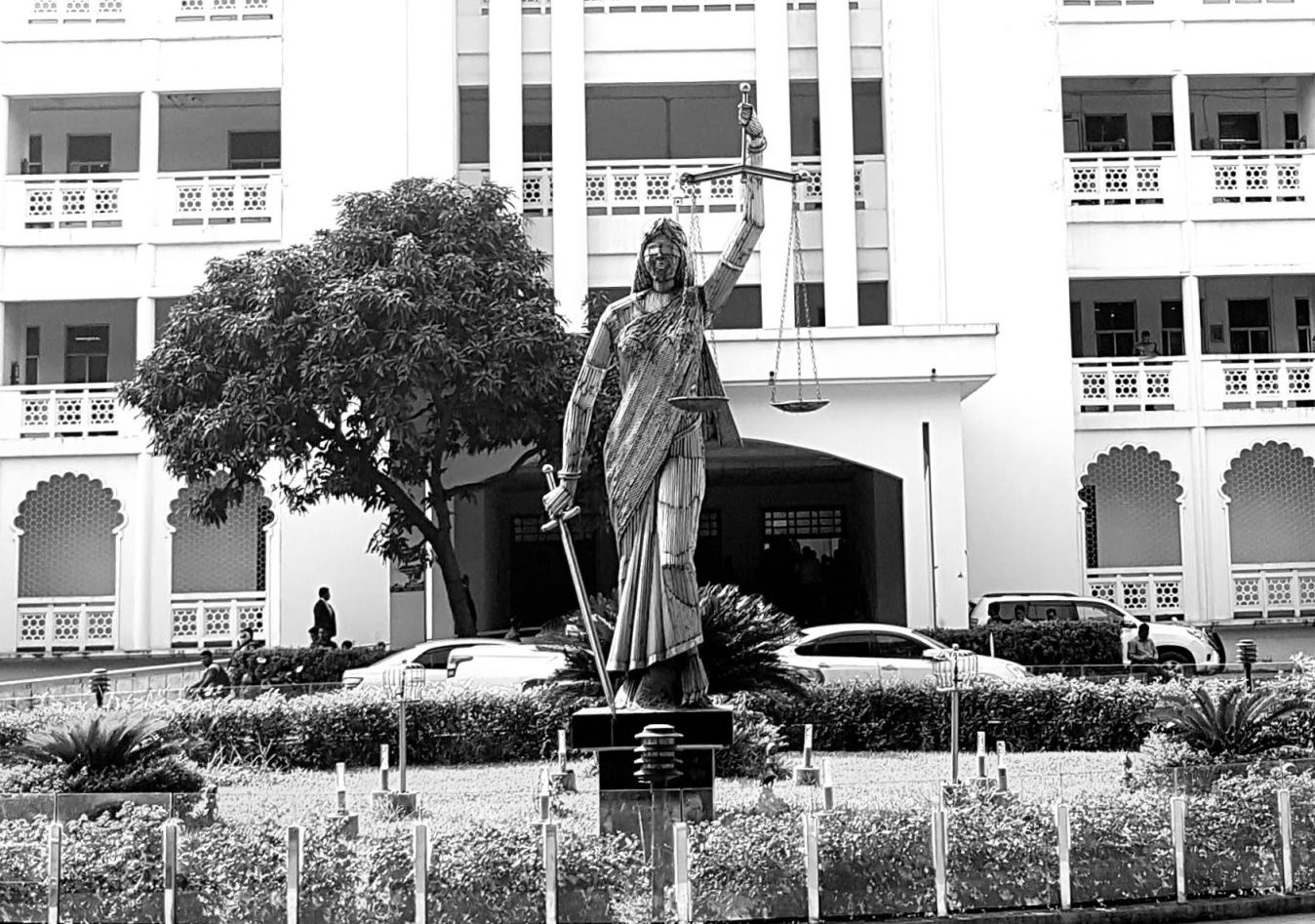This op-ed was published on March 15, 2024.
As Bangladesh continues to grapple with longstanding crises such as reserve management, corruption, and law enforcement, it’s evident that meaningful reforms are needed to overcome this uncomfortable situation and ease uneasiness. And such reforms demand resolute leadership. The aftermath of the recent elections, which saw the incumbent Awami League return to power for the fourth-straight term, underscores the urgency for decisive action rather than mere rhetoric.
The tragic incident at Bailey Road, where numerous lives were lost due to a fire in an illegally operated commercial building, serves as a stark reminder of the consequences of turning a blind eye to corruption and negligence. Despite warnings from the prime minister, certain segments of the business community continue to destabilize the commodity market, while others are laundering thousands of millions abroad with impunity. Hence, it’s imperative that the government move beyond its “business-friendly” stance and prioritizes accountability over nepotism and short-term gains.
However, the path to reform is fraught with challenges, including resistance from entrenched interests and a culture of lawlessness pervading society.
Since the traditional methods are not working against them, this necessitates the deployment of strong measures such as declaring a state of emergency for a period of six months and establishing special tribunals in every district to tackle corruption, terrorism, drug smuggling, and other serious crimes comprehensively. Additionally, efforts to bring back laundered funds and hold accountable those responsible for gross financial malfeasance must be pursued vigorously.
Before embarking on such a course, the government must undertake a thorough assessment of its capabilities and shortcomings. This may involve restructuring key institutions and personnel to ensure they are aligned with the goal of building a fair and efficient State.
Drawing inspiration from the visionary leadership of Father of the Nation Bangabandhu Sheikh Mujibur Rahman, who pursued sweeping reforms through his “second revolution” to lay the foundation for a prosperous nation, there is a clear mandate for bold action. He wanted to draw the most talented people in the country into his new form of government to combat corruption, nepotism, bureaucratic ineptitude, and foreign conspiracies.
It’s 2024, and the time for half-measures and empty promises is past. Bangladesh needs a government that is willing to wield its authority decisively in the service of meaningful reform in all sectors.
By prioritizing the interests of its citizens over narrow political calculations, Bangladesh can realize its potential as a dynamic and prosperous nation, as its geopolitical importance and global acceptance have increased significantly in recent years. I believe every visionary politician and civil society critic will agree that upholding discipline, fostering accountability, and promoting equality are not merely aspirational goals, but essential prerequisites for a Smart Bangladesh.


মন্তব্য করুন
মন্তব্য করার জন্য আপনাকে অবশ্যই লগইন করতে হবে।